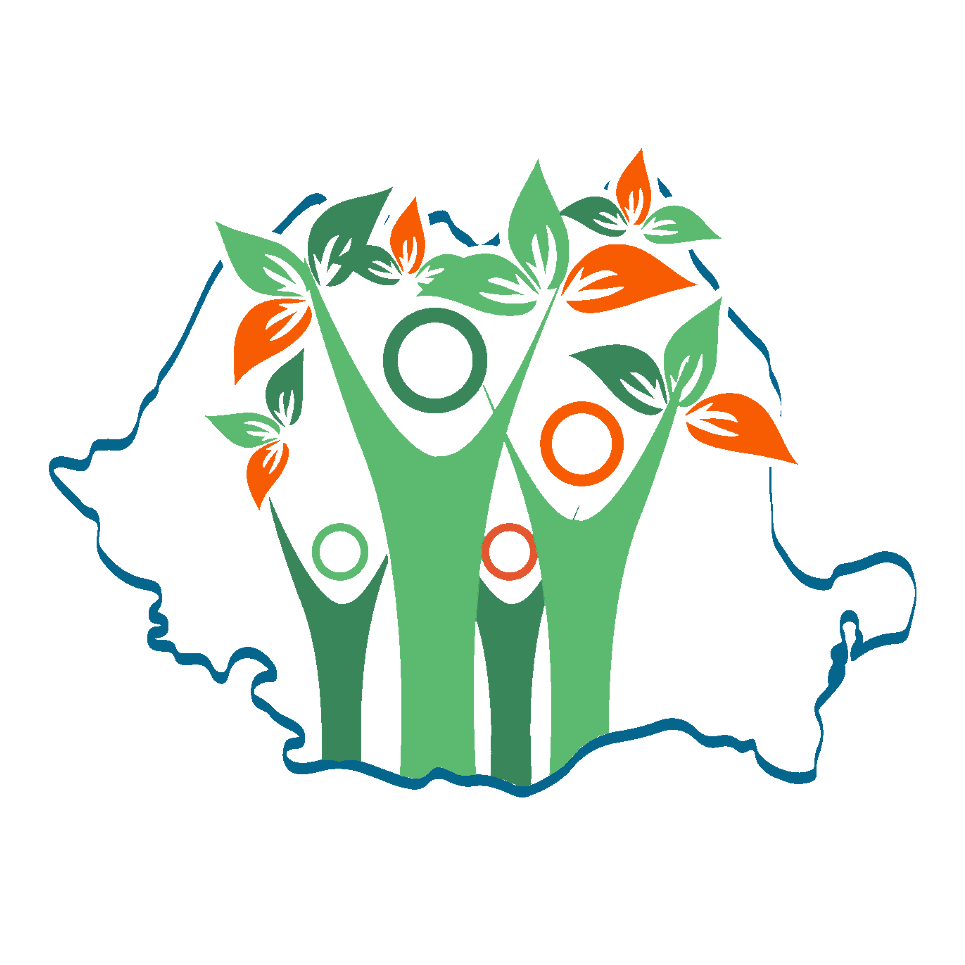In the realm of education, a transformative approach has gained prominence – non-formal education. As a dedicated volunteer, I’ve witnessed the profound impact this unconventional method can have, particularly in the context of my volunteering project focused on environmental awareness and promotion.
Understanding Non-Formal Education:
Non-formal education is a dynamic learning process that takes place outside traditional classroom settings. It is characterized by flexibility, inclusivity, and a learner-centered approach. Unlike formal education, non-formal education doesn’t follow a rigid curriculum or standardized assessments. Instead, it embraces diverse methods to cater to the unique needs and interests of learners.
Implementation in Volunteering Projects:
In my volunteering project, non-formal education serves as the cornerstone of our approach. Here’s how it is implemented to create a dynamic and engaging learning environment:
Workshops and Interactive Sessions:
We organize workshops that encourage active participation and foster hands-on learning.
Interactive sessions replace traditional lectures, allowing participants to immerse themselves in the subject matter.
Diverse Learning Formats:
Recognizing that people have varied learning preferences, we incorporate diverse formats such as discussions, group activities, and visual aids.
This ensures that information is conveyed in a way that resonates with each participant.
Tailored Learning Paths:
Non-formal education allows us to tailor learning paths based on the participants’ interests and background knowledge.
Whether engaging with students, adults, or community members, we adapt our approach to suit their specific needs.
Real-World Applications:
Learning extends beyond theoretical knowledge. We emphasize real-world applications and practical experiences.
This not only enhances understanding but also empowers participants to apply newfound knowledge in their daily lives.
Inclusive Approach:
Non-formal education promotes inclusivity by accommodating diverse learners, including those with different learning abilities or varied cultural backgrounds.
We ensure that everyone feels welcome and can actively participate in the learning process.
Impact and Benefits:
The implementation of non-formal education in our project has yielded remarkable results. Participants are not passive recipients of information; instead, they become active contributors to the learning experience. This fosters a sense of ownership and empowerment, sparking genuine interest and commitment to the project’s goals.
Furthermore, the flexible nature of non-formal education allows us to adapt swiftly to the evolving needs of the community. By cultivating a culture of continuous learning, we are better equipped to address emerging environmental challenges and promote sustainable practices.
In conclusion, the integration of non-formal education in volunteering projects holds immense promise for creating meaningful, lasting impact. It transforms education from a one-size-fits-all model into a dynamic, inclusive process that resonates with individuals on a personal level. As we continue to champion environmental awareness through this approach, we are not just imparting knowledge; we are nurturing a community of informed, empowered individuals ready to make a positive difference in the world.
By: Islam Tahiri




Trebuie să fii autentificat pentru a publica un comentariu.